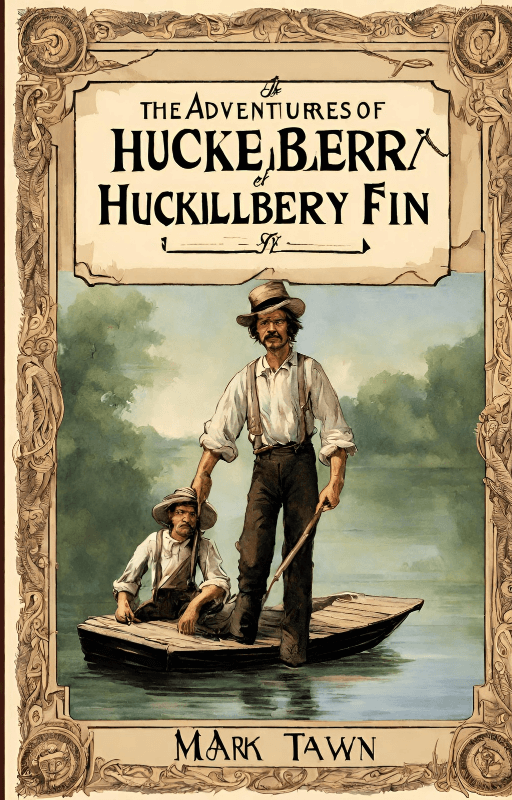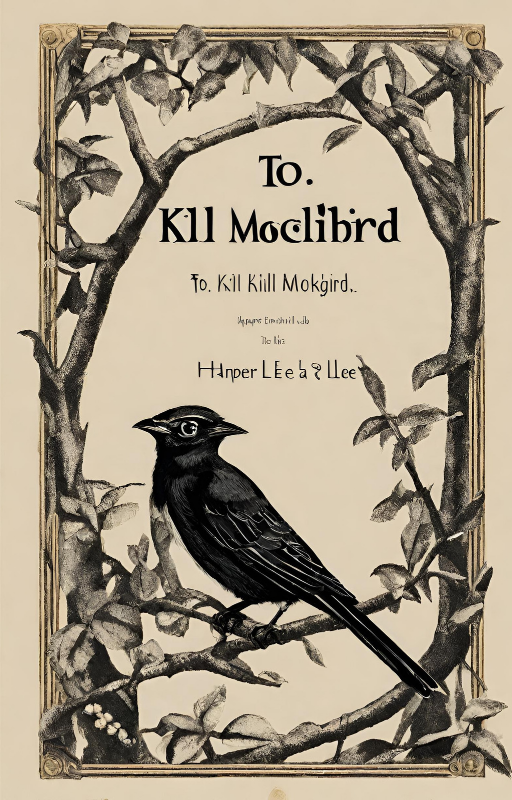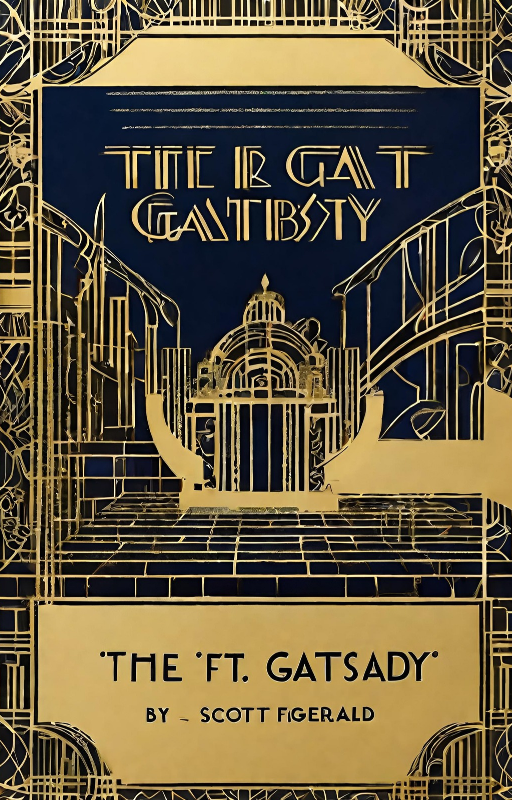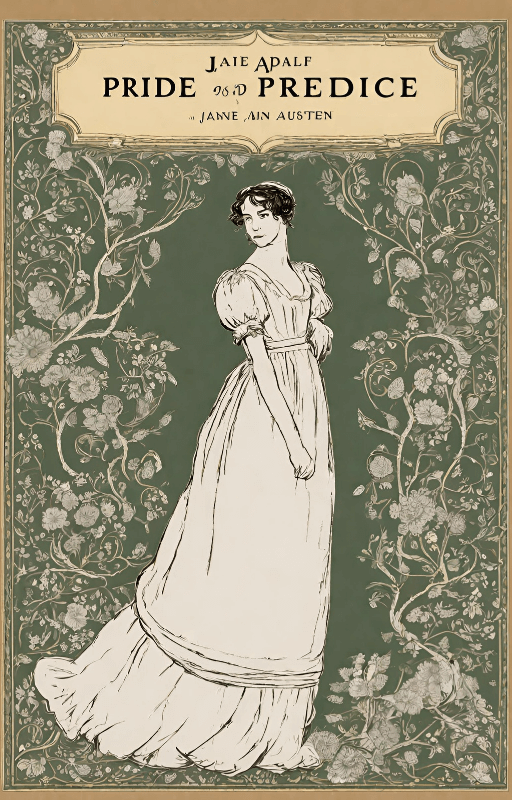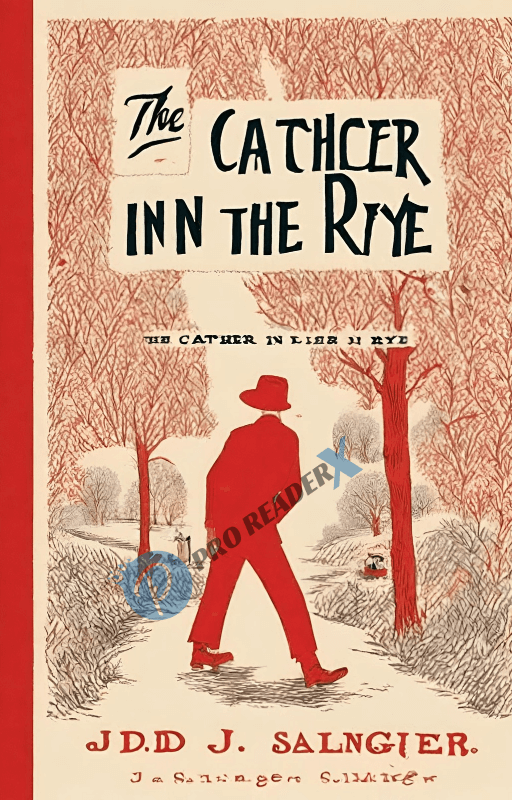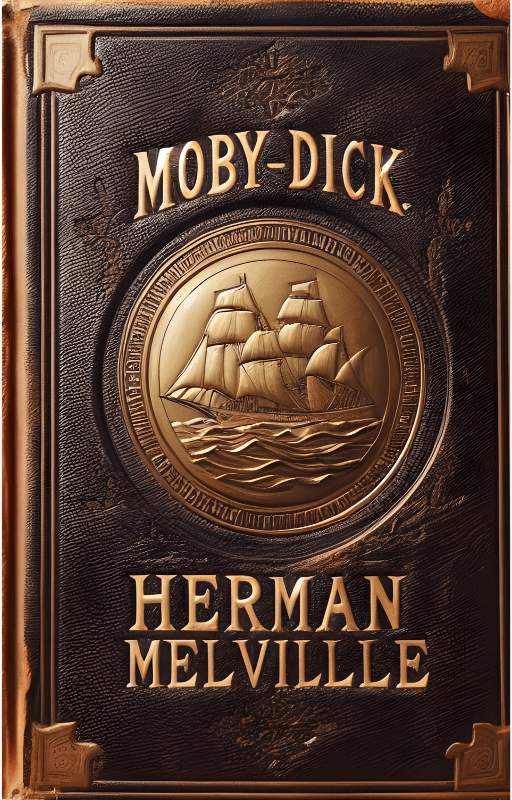Mark Twain’s “The Adventures of Huckleberry Finn” takes readers on a captivating journey down the Mississippi River, exploring themes of freedom, friendship, and the complexities of Southern society. Let’s embark on an adventure through this timeless classic.
Introduction: Unveiling the Literary Gem
In the vast landscape of American literature, few works shine as brightly as “The Adventures of Huckleberry Finn.” Penned by the legendary Mark Twain, this novel has left an indelible mark on readers for generations. Its rich narrative, vivid characters, and insightful commentary continue to captivate audiences worldwide.
Background of the Author: Mark Twain’s Mississippi Muse
Before diving into Huck’s escapades, let’s delve into the life of the man behind the pen. Mark Twain, born Samuel Clemens, was no stranger to the allure of the Mississippi River. Growing up in Missouri, Twain developed a deep connection to the river and the vibrant culture of the South. These experiences would later serve as the backdrop for his literary masterpiece.
Plot Overview: Navigating the Waters of Adventure
At the heart of “The Adventures of Huckleberry Finn” lies the story of a young boy’s quest for freedom. Set against the backdrop of the antebellum South, Huck Finn embarks on a journey down the Mississippi River, accompanied by the runaway slave, Jim. Along the way, they encounter a colorful cast of characters and navigate a world fraught with moral dilemmas and societal injustices.
Themes and Symbols: Unlocking the Layers of Meaning
As Huck and Jim drift down the mighty Mississippi, they confront a myriad of themes and symbols that resonate deeply with readers. From the pursuit of freedom to the bonds of friendship, Twain weaves a tapestry of ideas that invite reflection and introspection. The river itself emerges as a powerful symbol of liberation, offering hope and sanctuary to those seeking refuge from the constraints of society.
Character Analysis: Embracing the Quirks of Twain’s Creations
Central to the novel are its unforgettable characters, each imbued with their own quirks and complexities. Huck Finn, with his rebellious spirit and tender heart, serves as a beacon of resilience in the face of adversity. Jim, the runaway slave, embodies the longing for freedom and the inherent dignity of the human spirit. Together, they navigate the tumultuous waters of the South, confronting prejudice and injustice at every turn.
Literary Style and Techniques: A Masterclass in Storytelling
Twain’s genius lies not only in his storytelling but also in his mastery of literary techniques. Through the use of vernacular language and vivid imagery, he brings the world of Huck Finn to life with unparalleled vividness. His keen wit and incisive satire offer a scathing critique of societal norms and hypocrisy, challenging readers to confront uncomfortable truths about the world around them.
Controversies and Criticisms: Navigating Troubled Waters
Despite its literary acclaim, “The Adventures of Huckleberry Finn” has not been immune to controversy. Criticisms of its portrayal of race and use of racial slurs have sparked heated debates among scholars and educators. However, many argue that Twain’s intent was not to perpetuate racism but to expose the injustices of a bygone era, shedding light on the harsh realities faced by African Americans in the antebellum South.
Impact and Legacy: Sailing Into the Annals of Literary History
Despite the controversies surrounding it, “The Adventures of Huckleberry Finn” remains a towering achievement in American literature. Its influence can be felt in the works of countless authors who have been inspired by Twain’s bold storytelling and unflinching honesty. From its humble beginnings as a coming-of-age tale to its status as a cultural touchstone, Huck Finn’s journey continues to resonate with readers of all ages.
Personal Reflections: A Journey of Self-Discovery
As I reflect on my own journey through the pages of “The Adventures of Huckleberry Finn,” I am struck by its timeless relevance and enduring appeal. From the banks of the Mississippi to the heart of the American South, Twain invites readers to embark on a voyage of self-discovery, challenging conventions and questioning the status quo along the way.
Recommendations and Adaptations: Further Explorations
For those eager to delve deeper into Twain’s world, there are countless avenues to explore. From companion novels to film and theatrical adaptations, the adventures of Huck Finn continue to captivate audiences in new and exciting ways. Whether you’re a seasoned literary aficionado or a curious newcomer, there’s something for everyone to discover in the pages of this literary classic.
Conclusion: Charting a Course for the Future
In conclusion, “The Adventures of Huckleberry Finn” stands as a testament to the power of storytelling to transcend time and space. Through its vivid characters, rich themes, and timeless wisdom, Twain’s masterpiece continues to inspire and enlighten readers around the globe. As we navigate the waters of life, may we draw inspiration from Huck and Jim’s journey, finding the courage to chart our own course toward freedom and self-discovery.
FAQs: Answering Your Burning Questions
- Is “The Adventures of Huckleberry Finn” based on a true story?
No, while Mark Twain drew inspiration from his own experiences growing up in the South, the novel is a work of fiction. - Why is “The Adventures of Huckleberry Finn” considered controversial?
The novel has been criticized for its use of racial slurs and its portrayal of African American characters, sparking debates about its depiction of race and racism. - Are there any film adaptations of the book?
Yes, there have been several film adaptations of “The Adventures of Huckleberry Finn,” including both live-action and animated versions. - What age group is the book suitable for?
While “The Adventures of Huckleberry Finn” is often studied in high school and college literature classes, its themes and language may not be suitable for younger readers without guidance. - What makes “The Adventures of Huckleberry Finn” a classic?
The novel’s enduring popularity can be attributed to its timeless themes, memorable characters, and Mark Twain’s skillful storytelling, which continue to resonate with readers of all ages.
